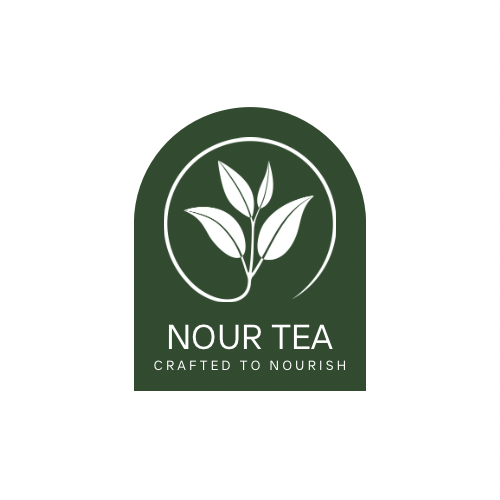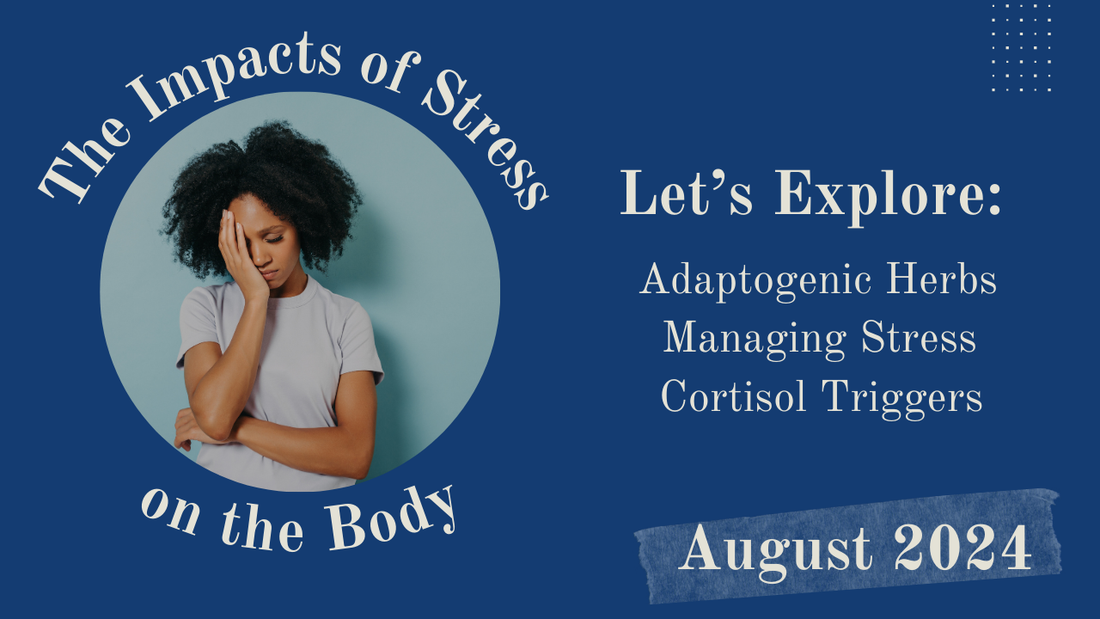As Summer comes to an end and Fall approaches, our body may experience a fluctuation in stress hormones, particularly in this season. Some of us are gearing up for new school/work schedules, new traffic patterns, election season and so much more. We all face stressors in our lives at some point.
As we transition into a new season, I think it's important we discuss the impact of stress on our bodies. We all deal with stress differently; this is all contingent upon our current health conditions, the environments we live in, and our recovery methods.
What is Stress? Stress is a natural human response that prompts us to address challenges and threats in our lives (World Health Organization, 2024). What we eat, how we exercise, our climate, illnesses, and our emotions impacts how our bodies respond to stress.
Stress effects our mental and physical health. Too much stress on the body can present many detrimental long term effects. When the stress response is activated, the body releases cortisol and other stress hormones.
Cortisol is a stress hormone that acts like an internal alarm clock. It is produced by our adrenal glands and is released in times of need and helps our body stay on defense and alert, essentially regulating it. Chronic stressors can keep cortisol levels high, without a break, ultimately wearing down the body on a cellular level.
A state of constant high cortisol levels can progress into a disorder called Cushing Syndrome. Other symptoms of high cortisol levels include:
- Weight Gain
- High Blood Pressure
- High Blood Sugar
- Upper Body Obesity
- Muscle Weakness
As a part of our natural circadian rhythm, cortisol peaks early in the morning then naturally decreases throughout the day. As we begin the day, it is important for us to not over stimulate ourselves. I know that is easier said than done. Slow mornings is an ideal way to begin the day, but not always practical. I challenge you to find one practice to help you ease into the day.
Things to avoid first thing in the morning:
- Coffee on an empty stomach. Coffee is a stimulant, consuming coffee first thing in the morning exacerbates our cortisol levels. It is okay to have coffee after breakfast particularly without the sugar and milk.
- Rushing. Try to plan ahead which may include meal prepping and ironing clothes the night before.
- Overstimulating activities. Avoid checking your social media first thing in the morning, loud noises, or bright lights.
- Heavy carbs & sugary foods. Carbs break down into glucose which causes a sugar rush. Typical western breakfast choices are high in refined carbs - toast, bagels, pancakes, cereal, waffles, muffin - avoid or consume in moderation.
How to better manage stress:
- Meditate
- Drink herbal tea
- Listen to relaxing music
- Practice a breathing routine
- Go far a walk
- Eat energizing food with high protein.
Adaptogenic herbs are natural substances that may help the body adapt to stress and normalize physiological functions. Adaptogens work at a molecular level by regulating a stable balance in the hypothalamic, pituitary, and adrenal glands.
Adaptogenic Herbs
Ashwagandha
Lemon Balm
Rhodiola
Holy Basil
Licorice Root
While most of these herbs are generally safe, it's important to talk with your doctor before taking them, especially if you're pregnant, breastfeeding, or taking medications.
As always continue to take care of yourself.
xoxo,
Crafted By Nour

